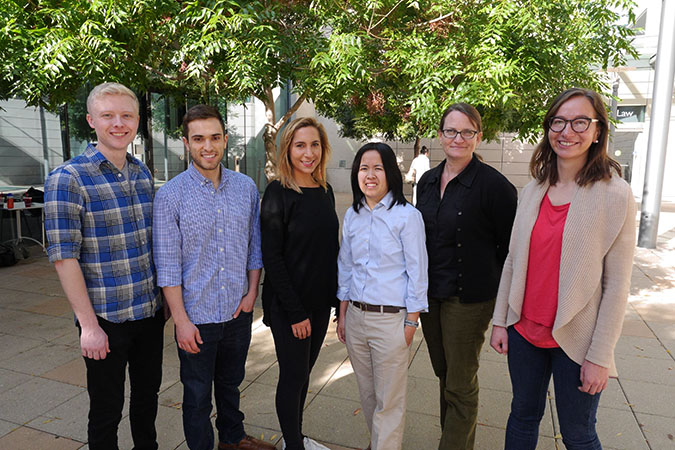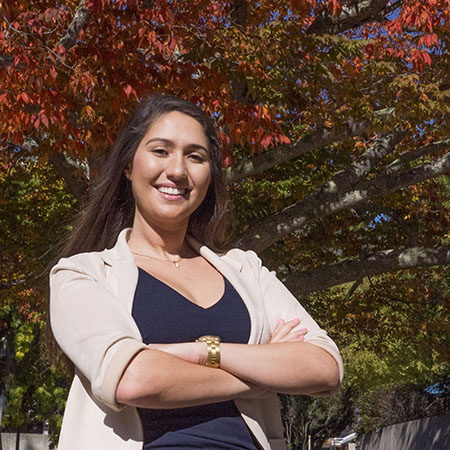 Hometown: Davie, FL
Hometown: Davie, FL
Education: University of Florida 2016
Affiliations: Founder, Women in Tech Law; First Generation Professionals
When I first got to Berkeley, I attended a BCLT introduction session, and as all the different groups came up to present, I realized there was nothing focused on women. It felt so obvious since the inequalities of women versus men in leadership roles in the technology and startup space is such a big conversation right now. I started doing some research and discovered that there were almost no organizations focused specifically on women in tech law. It wasn’t even a suggested term on Google.
So that’s how Women in Tech Law (WiTL) at Berkeley started. Even at the first meeting, people came up to us to say thank you for creating this community where we can talk about the struggles that come with being a woman in this area of law. It’s also given a lot of support to women like me — who don’t have a tech background — in saying that you can succeed in tech law without a CS or engineering degree.
Our “It’s LIT” (Ladies in Tech) lunch talks bring in women from in-house, public interest, corporate, and firms to talk about their experiences. We don’t focus on the practice itself, but rather on them as women in the field. We’ll have the General Counsel of Uber or another big company sharing stories of how it feels to be the only woman in a board meeting and being otherized as a female lawyer. It’s remarkable to sit in the audience and relate so deeply with these inspiring women and realize we’re just like them, that it’s ok to feel this way, and that there’s ways to navigate it and empower yourself.
We have needs and concerns that are unique to women. A male associate is not going to need the same time off as a woman who is pregnant or has to care for her kids. This is not something to hide from or ignore. By reclaiming and embracing the needs of women, that’s how we are going to show the world that we’re not more fragile, but rather that we operate differently than our male counterparts. Women have so much to offer in totally different ways than men. We have a different perspective, a different way of approaching a conflict or a problem, a different demeanor in dealing with colleagues and clients and challenges.
So one of the goals of WiTL is to flip the narrative about these differences being negative. We’re saying: ‘We have a perspective and value that you need. You should show us why we should work for you.’
We’ve attracted a lot of attention from law firms. Basically all of the tech law firms in the Bay Area have reached out to get involved with WiLT and help us and even recruit our members. It means that firms recognize the value that comes from having more women in the tech law field and how the difference in perspective women bring is helping build and grow their law firm to become an even more successful entity. It’s really encouraging.
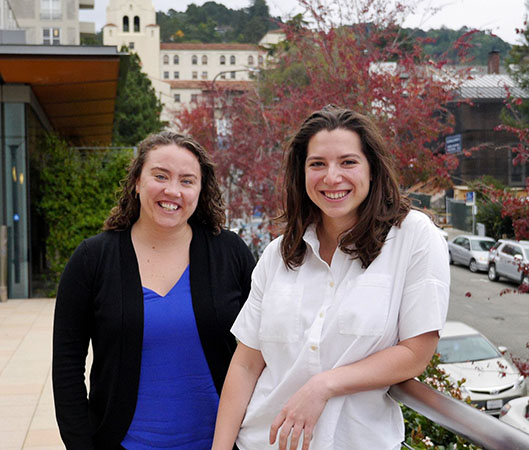
 Fifteen Berkeley Law 1Ls are recipients of the 2017
Fifteen Berkeley Law 1Ls are recipients of the 2017 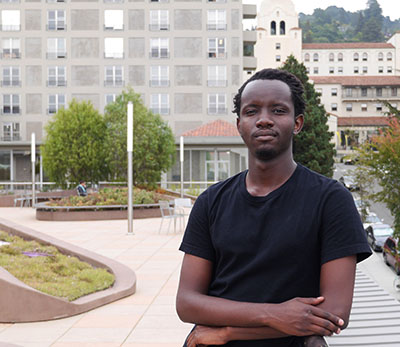
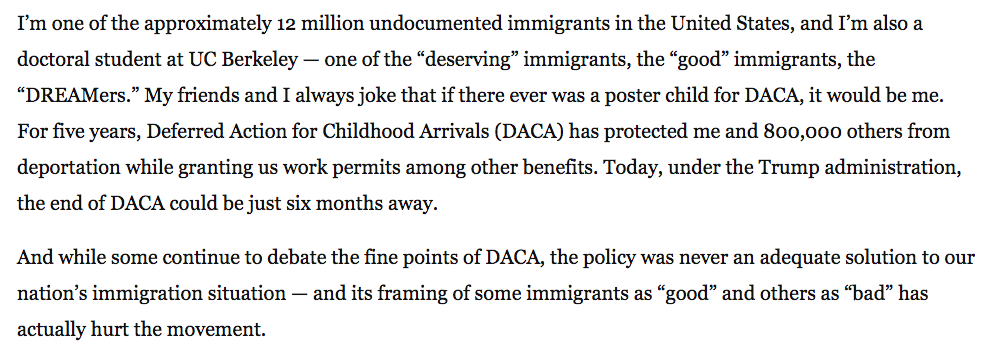
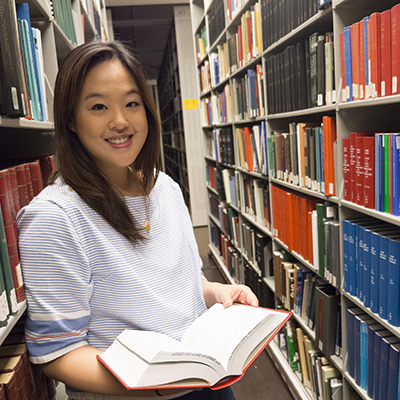 Hometown: Chicago, IL
Hometown: Chicago, IL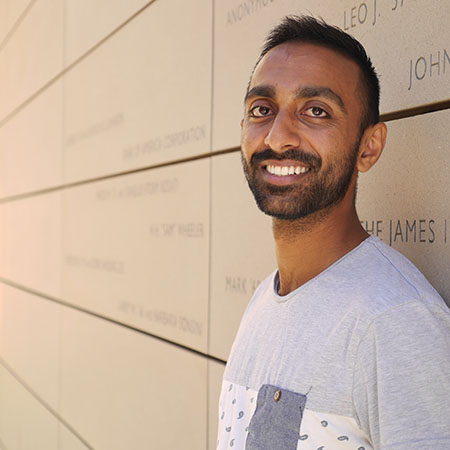 Hometown: Orange County, CA
Hometown: Orange County, CA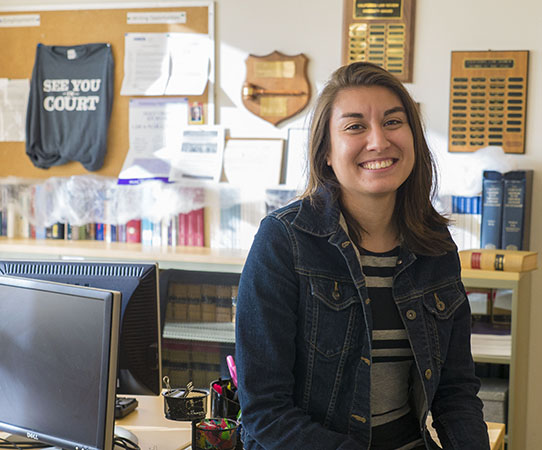 Hometown: New Jersey
Hometown: New Jersey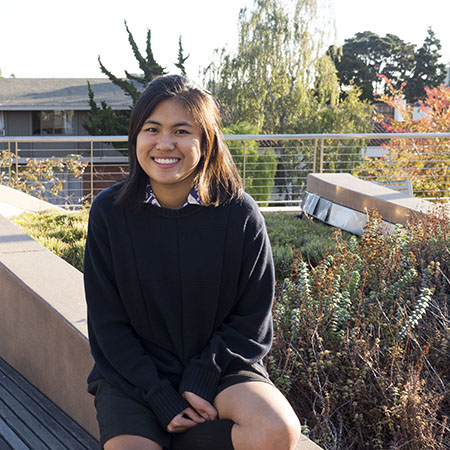 Hometown: Honolulu, HI
Hometown: Honolulu, HI